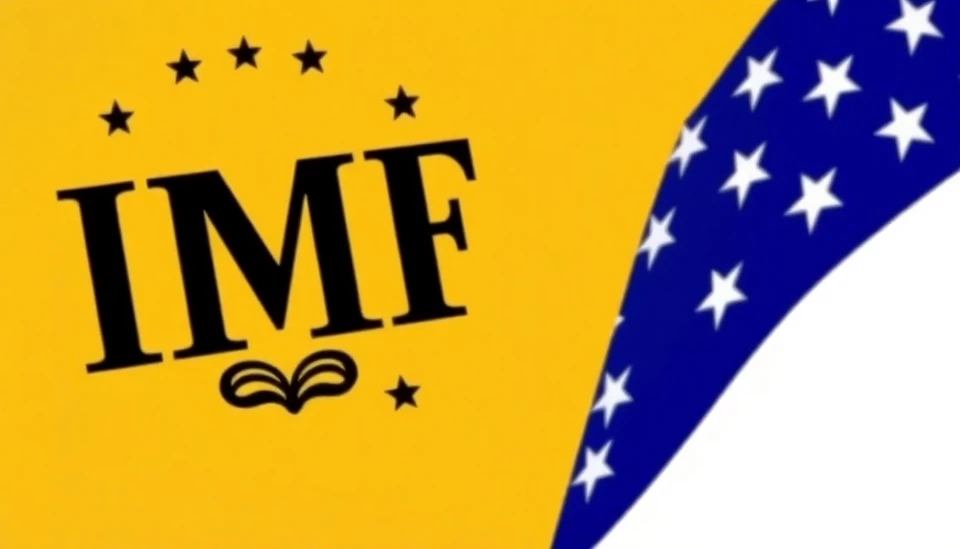
US Support for IMF and World Bank Provides Much-Needed Stability Amid Global Uncertainties
In a move that has been received with widespread approval, the United States government has reaffirmed its commitment to the International Monetary Fund (IMF) and the World Bank. This endorsement is seen as a significant step towards stabilizing the global financial system, especially in light of recent economic turmoil stemming from geopolitical tensions and internal challenges facing various nations.
Continue reading
China's Affordable Goods Poised to Disrupt Asian Markets, According to Nomura
In an insightful analysis from Nomura, experts are increasingly expressing concern over the potential impact of China's economy on the broader Asian market landscape. As China rebounds from pandemic-driven economic slowdowns, the surge of cheap goods flooding into neighboring countries may bring significant disruption for local industries throughout Asia.
Continue reading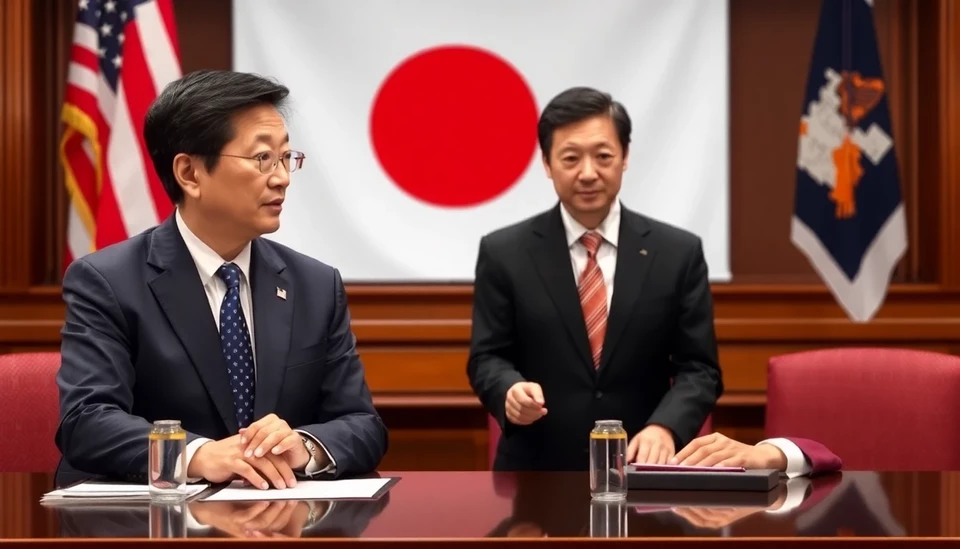
Japan's Kato Advocates for Consistency in US Currency Discussions by Referencing Existing Agreements
In a significant development within international economic dialogue, Japan's Deputy Prime Minister, Kato, emphasized the importance of grounding discussions with the United States on existing foreign exchange agreements. This move comes as global markets remain sensitive to currency fluctuations and their implications for trade relations.
Continue reading
Paraguay Maintains Steady Key Interest Rate at 6% Amid Stabilized Inflation Expectations
In a decisive move reflecting confidence in the country's economic stability, the Central Bank of Paraguay has opted to keep its benchmark interest rate steady at 6%. This decision, announced during a press conference, highlights the ongoing efforts to manage inflation and support sustainable economic growth.
Continue reading
Brazil's Central Bank Confirms Success of Higher Interest Rates in Battling Inflation
In a significant announcement, the President of Brazil's Central Bank, Roberto Campos Neto, asserted that the country's strategy of increasing interest rates is proving effective in tackling persistent inflation. Speaking during a press conference, Campos Neto highlighted that the measures taken to tighten monetary policy are yielding the desired results, bringing inflation levels down from elevated figures.
Continue reading
ECB's Knot Advocates for Neutral Policy in Response to Economic Shocks
In a recent statement, European Central Bank (ECB) policymaker Klaas Knot emphasized the importance of maintaining a neutral monetary policy as the eurozone grapples with various economic challenges. Knot's remarks come amidst rising global uncertainties, which have prompted discussions regarding the ECB's monetary stance and its implications for economic stability within the region.
Continue reading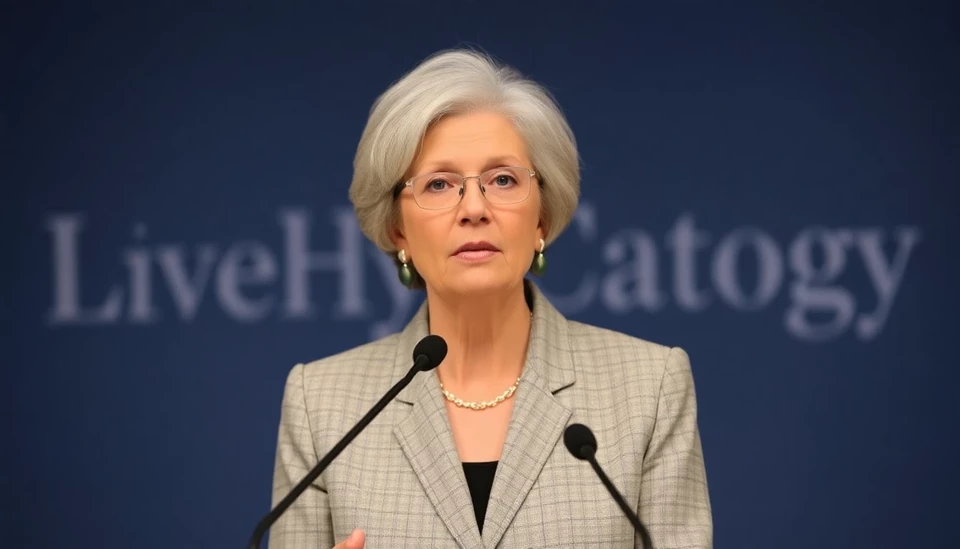
Lagarde Praises Powell’s Actions Amid Economic Uncertainty
Christine Lagarde, the President of the European Central Bank (ECB), has come out in strong support of Federal Reserve Chairman Jerome Powell, asserting that he is taking necessary measures to address pressing economic challenges in the United States. Her comments come amidst a climate of heightened inflation and increased interest rates, which have caused significant concern among economists and policymakers around the globe.
Continue reading
Latin America Takes Charge: A Shift in Market Dynamics Defying Trump’s Influence
In a striking declaration that positions Latin America as a resilient and autonomous player in global markets, Bradesco, one of Brazil’s largest financial institutions, emphasized the region’s capacity to navigate economic landscapes independently of external influencers, including former U.S. President Donald Trump. The commentary reflects a growing sentiment among business leaders in Latin America, who argue that the continent is mastering its own market potential.
Continue reading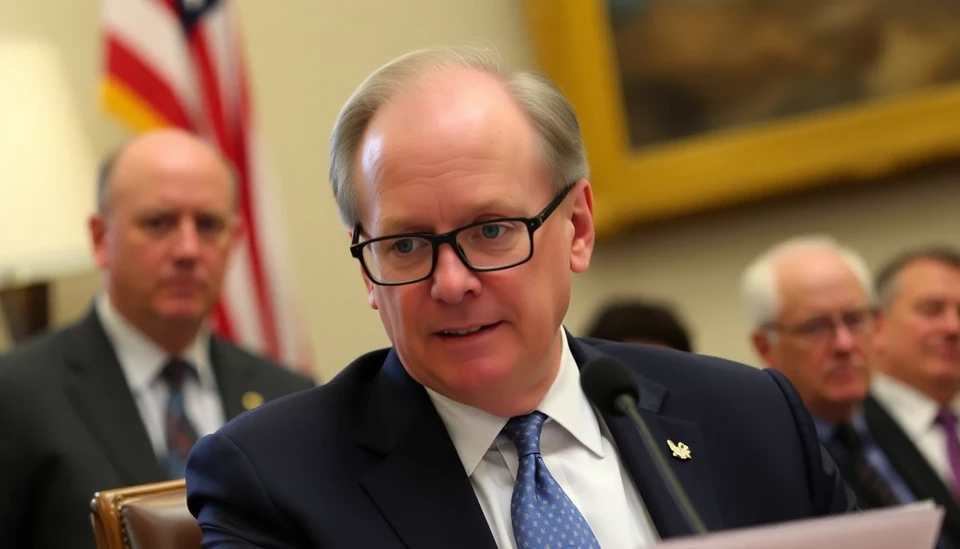
Concerns Emerge Over US Treasuries' Safe Haven Status, Warns Nagel
In a recent statement, the head of Germany’s largest bank, Deutsche Bank, revealed worrying insights regarding the standing of US Treasuries as a safe-haven investment in the global market. Christian Nagel highlighted potential shifts in investor perception, stressing that lingering doubts about the reliability of US government bonds could have far-reaching implications for financial stability across the globe.
Continue reading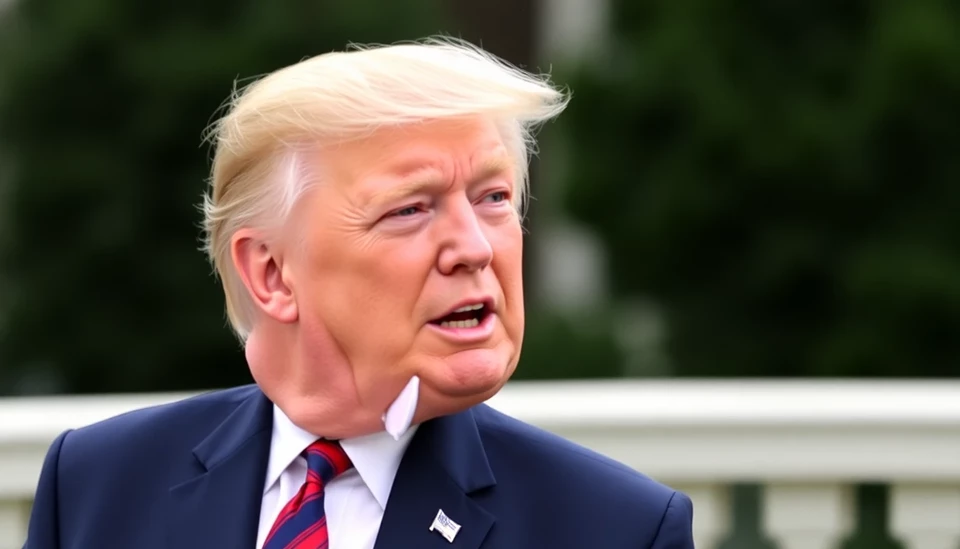
Trump Affirms Support for Fed Chair Powell Amid Economic Uncertainty
In a significant statement that has implications for both financial markets and the broader economy, former President Donald Trump announced that he has no intention of terminating Federal Reserve Chair Jerome Powell from his position. This declaration came during a recent gathering, where Trump was explicitly asked about his plans regarding Powell, especially in light of ongoing discussions about the Fed's monetary policy.
Continue reading